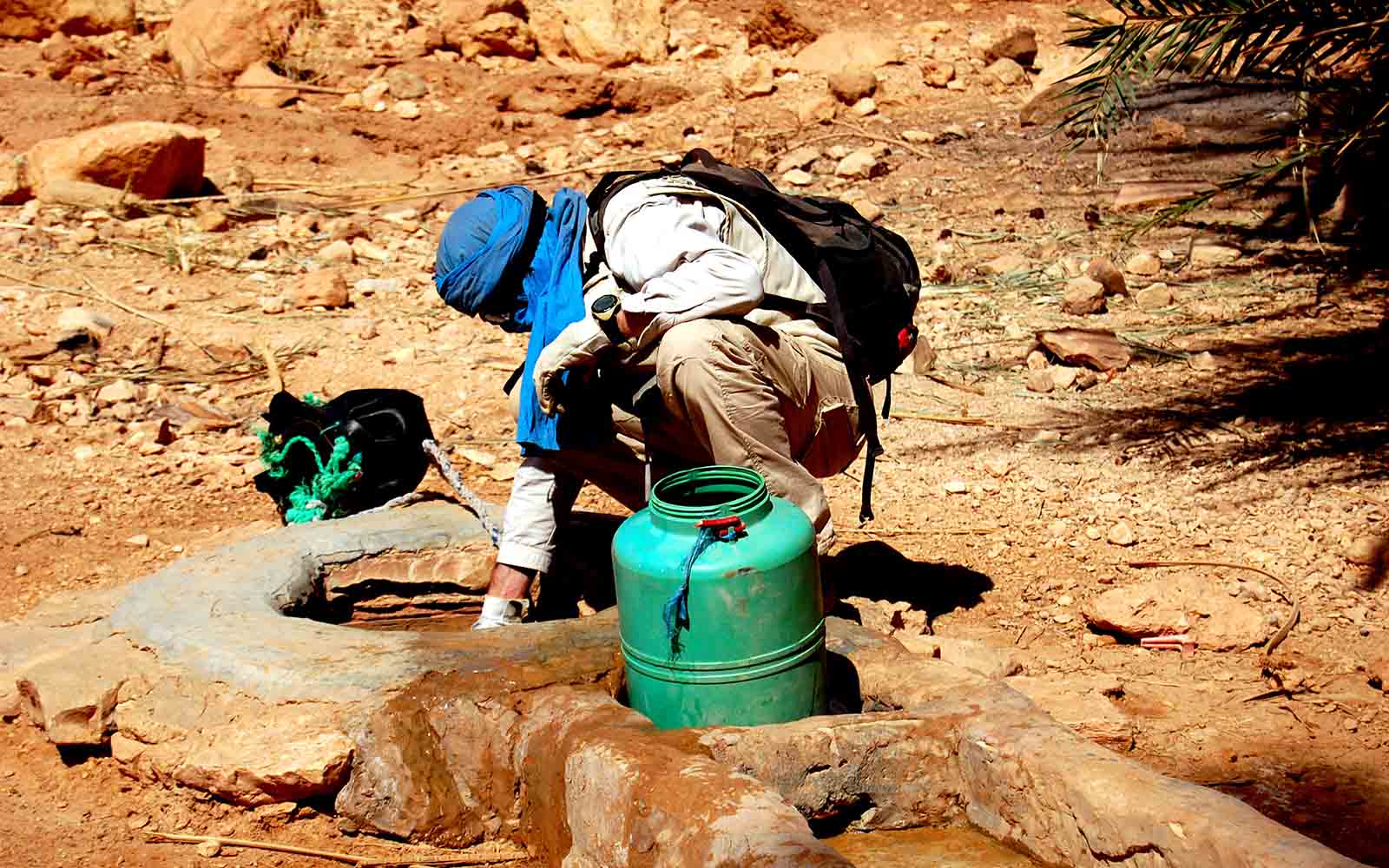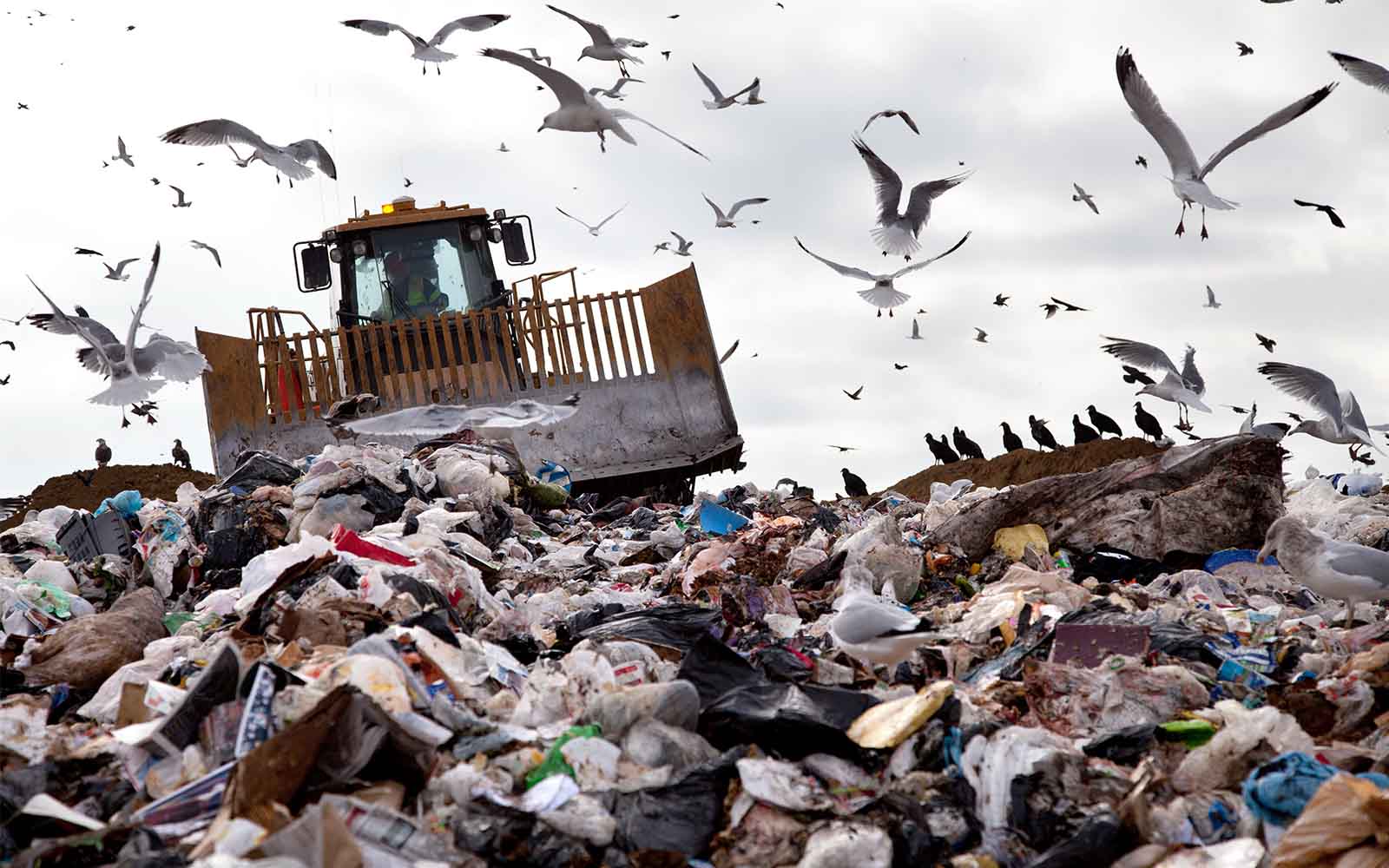July 12, 2016 0 Comments
Last July 11, the global community commemorated the World Population Day. What is it, you may ask? Don’t worry, you’re not alone. A lot of people are also hearing it for the first time.
World Population Day is not anywhere near the lines of Don’t Cry Over Spilled Milk Day or Public Sleeping Day. It’s an annual event aimed to focus the world’s attention to critical issues brought about by the rapid growth of the population.
It was in July 11, 1987 when the global population hit five billion. Two years later, the Governing Council of the United Nations Development Programme recommended July 11 be observed by the international community as World Population Day. Fast forward to July 2016, the number is currently at 7.4 billion [1]. An average person interacts with around 80,000 people [2] during their lifetime, which comes down to about three a day. Imagine having to deal with 7.4 billion people - no wonder the planet’s getting stressed out!
Well, aside from lack of education on family planning and the fact that, unlike animals, humans have no definite breeding period and thus can have babies anytime, there are other factors that contribute to overpopulation. A big factor was the agricultural boom.... Another factor is the advancements in the field of medicine. Since more diseases are prevented and cured, human lifespan has increased, reducing mortality rate. And with the increase in number of births, population number continues to soar.
So with the number continuously growing with an average of 360,000 babies born every day as opposed to 151,600 deaths [3], why should we care? Aside from this meaningless seats on the train, higher mobile phone prices, fiercer competition for that perfect job,or way too many tourists at the beach for you to take that perfect golden-hour sunset selfie, what does this mean for the human race?
Imagine one of those post-apocalyptic set locations from movies like Mad Max or Resident Evil, but instead of zombies or nuclear warfare, it’s our overpopulation that destroyed the world.

Due to the seemingly indomitable rise in population, the natural ecosystem seem to be collapsing under its own weight. More people means use of more resources. This current demand is putting the environment under serious threat. Should these trends hold, we will drive all animal and plant species to extinction within a few decades! The natural extinction rate is one per year but E.O. Wilson, a Harvard biologist, estimated that we drive three species to extinction per hour [4].
Ready to take the high road? Here are simple tips to get you started:

Water is going to be hard to come by too - we’re consuming it ten times faster than it can be replenished naturally! According to the Water Resources Group, water demand in developing countries will be 50% more than the available supply by 2030 [6]. We are expanding at such an alarming rate that there’s simply not enough water to sustain us.
Thrilled to know how you can reduce your water consumption (and your utility bill)? Here’s how:

That doesn’t only mean no more Shark Week or cute pets, but we will literally be breathing in all the fumes from the garbage we’re virtually swimming in. The average person produces 4.3 pounds of waste per day [5]. Multiplied by the current global population, that’s almost 32 billion pounds of waste! Now where is all that going to go? Scientists already show that we have a trash circle the size of Texas floating in the ocean. Land waste systems are filling up - and global trash production is still continuously growing in the foreseeable future, going from 3.5 million tons per day, to approximately 6 million tons per day by 2025 [7].
Curious on how to minimize your waste production? Let me tell you how:
At the rate we’re going, we’ll need a couple more planets to support us all, plus a whole other planet to store all our waste a la Wall-E. Unfortunately, it doesn’t seem like interplanetary travel and terraforming technologies are within reach yet. There’s still a couple of years before baby number 8 billion will be born. For now, the future of those who will come after us depends on the everyday choices we make.
October 16, 2016 0 Comments
This World Food Day, learn how climate change affects our food production and supply, and what we can do about it.
October 02, 2016 0 Comments
September 09, 2016 0 Comments
Sign up to get the latest on sales, new releases and more…
© 2026 EarthCitizen.
LLC
Powered by Shopify
